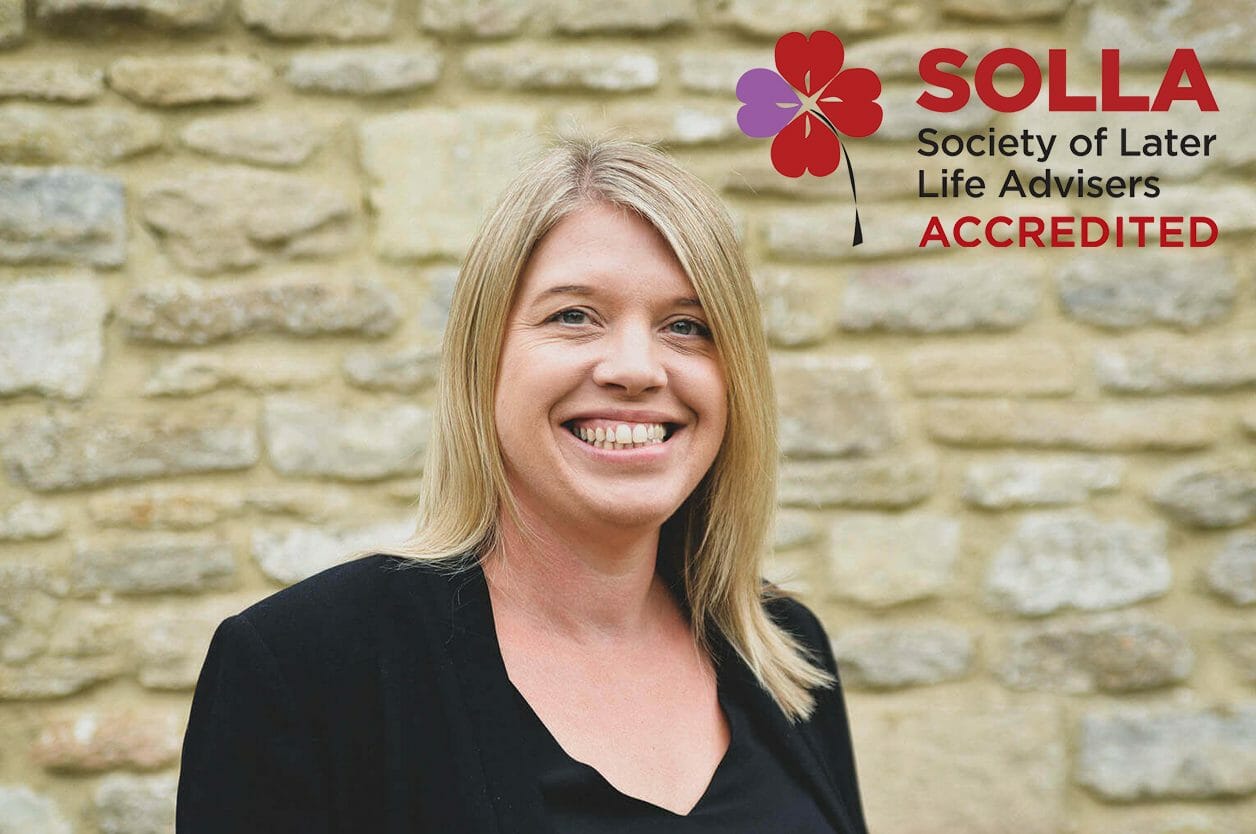With a change of care legislation on the horizon, care costs are at the forefront of a lot of people’s minds. The common worries include; how can you cover the costs of later life care, and what impact will it have on you and your family?
It is important to note that social care is very rarely free. More often than not, you will have to contribute towards the cost of care, and the price depends on the level of need, as well as the savings and assets you have. However, there are certain schemes and support you may be eligible for to help you pay for at least some of the costs.
NHS Healthcare Assessment
Taking an NHS Continuing Healthcare (CHC) assessment is the first step when there is a potential need for care, because if you qualify for CHC you may not need to pay towards the cost of your care. You can apply for a CHC assessment by getting in touch with the adult social services department of your local council and asking for a care needs assessment. There is no charge for a care assessment and you are entitled to one regardless of your income, savings, and needs.
They will look at:
- the emotional and social side of your life
- your skills and abilities
- your views, religious and cultural background, and support network
- any physical difficulties you may experience, or any risks
- any health or housing requirements
- your needs and wishes
- information about your needs from your carer (if you want them to be involved in your assessment)
Local Council Assistance
Local councils also have their own assessment procedures, but they follow a national criteria to decide who is eligible for care and support.
They will have to consider three questions in making their decision:
- Do you have care and support needs as a result of a physical or mental condition?
- Are you unable to achieve two or more desired goals or outcomes as a result of your care and support needs?
- Is there, or likely to be, a significant impact on your wellbeing?
After taking the care needs assessment from your local council, they will carry out a financial means test where they will look at your income, savings and property to work out how much you need to contribute towards the cost of your care and support.
Certain types of income, such as certain disability benefits, may not be counted in the means test. All other income can be taken into account. It is important to ensure you are receiving all benefits and entitlements that you are eligible for, as the means test will assume you already are even if you are not claiming for these yet.
If you and someone else jointly hold capital, such as a savings account, it will usually be treated as divided equally between the two of you.
Selling Your Home
Your home will not be included in the means test if:
- you receive care and support at home
- you go into a care home on a short-term or temporary basis
- your partner – or in certain cases, a relative – still lives there
In most other circumstances, the value of your home will be included in the means test and you will be required to use this value to pay for the fees.
The Costs of Care
If you are eligible for funding support, your local council must calculate the overall cost of your care, and how much you have to contribute towards this from your financial resources based on the means test. The overall cost calculated, called the ‘personal budget’, must be high enough to meet the cost for at least one suitable care home.
Currently, if your capital is above £23,250 you are likely to have to pay your care fees in full. If your capital is under £23,250, you may receive some support from your local council, but it is likely that a financial contribution will still be required. From October 2023, the government will introduce a £86,000 cap on the amount anyone in England will need to spend on their personal care over their lifetime. In addition, the Upper Capital Limit (UCL), the point at which people become eligible to receive some financial support from their local authority, will rise to £100,000 from
the current £23,250.
Care home fees will vary depending on the area that you live in, the individual care home itself, plus your personal financial circumstances. Costs average around £600 a week for a care home and over £800 a week for a place in a nursing home. Research indicates that the average cost of residential care varies drastically depending on where in the UK you live, creating a postcode lottery for vulnerable people in need of care.
Paying for Care Fees
If you have savings and investments, it is important to get independent financial advice on the best ways to make these last as long as possible. This may be achieved by investing appropriately, buying a care annuity, and having a robust financial plan in place.
If most of your assets are tied up in your property, there are ways of releasing equity from the home without having to sell. You can apply to the local authority for a deferred payment agreement, where a charge will be put on the property and fees paid by the council. You could also look down the equity release route, however it is important to get independent financial advice before doing so.
The key to covering care fees is planning, and doing so as soon as possible. By seeking the help of an adviser early, you can plan ahead and ensure that if you do need care in the future, you are prepared. If you require any assistance in planning for later life, please do not hesitate to get in touch with one of our Independent Financial Advisers today on 0117 450 1300.







